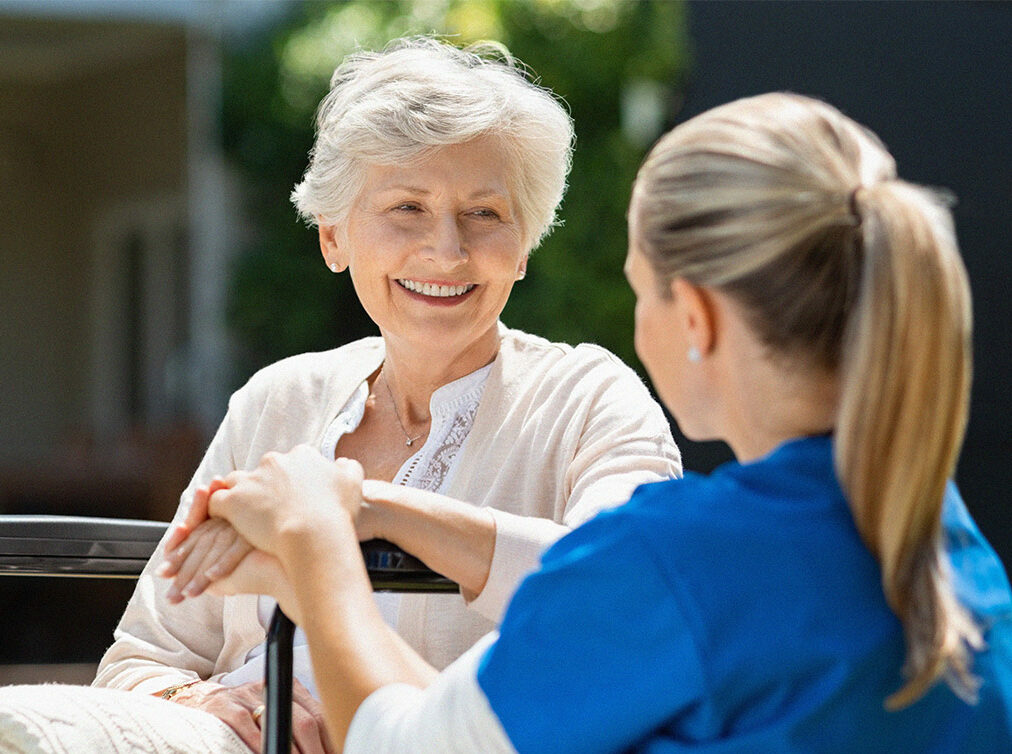In 2014, there were approximately 1.1 million admissions to public hospitals in Denmark. Citizens over the age of 65 accounted for about 460,000 of the admissions.
Of these admissions, as much as 14.6% - or approx. 67,000 - were defined as "preventable", i.e. hospitalizations due to factors that can be prevented if action is taken at the right time and with the right kind of help.
The number of preventable admissions is increasing and highest for the oldest citizens and the elderly who are most reliant on care. Approx. one third of the admissions from nursing homes are thus preventable.




